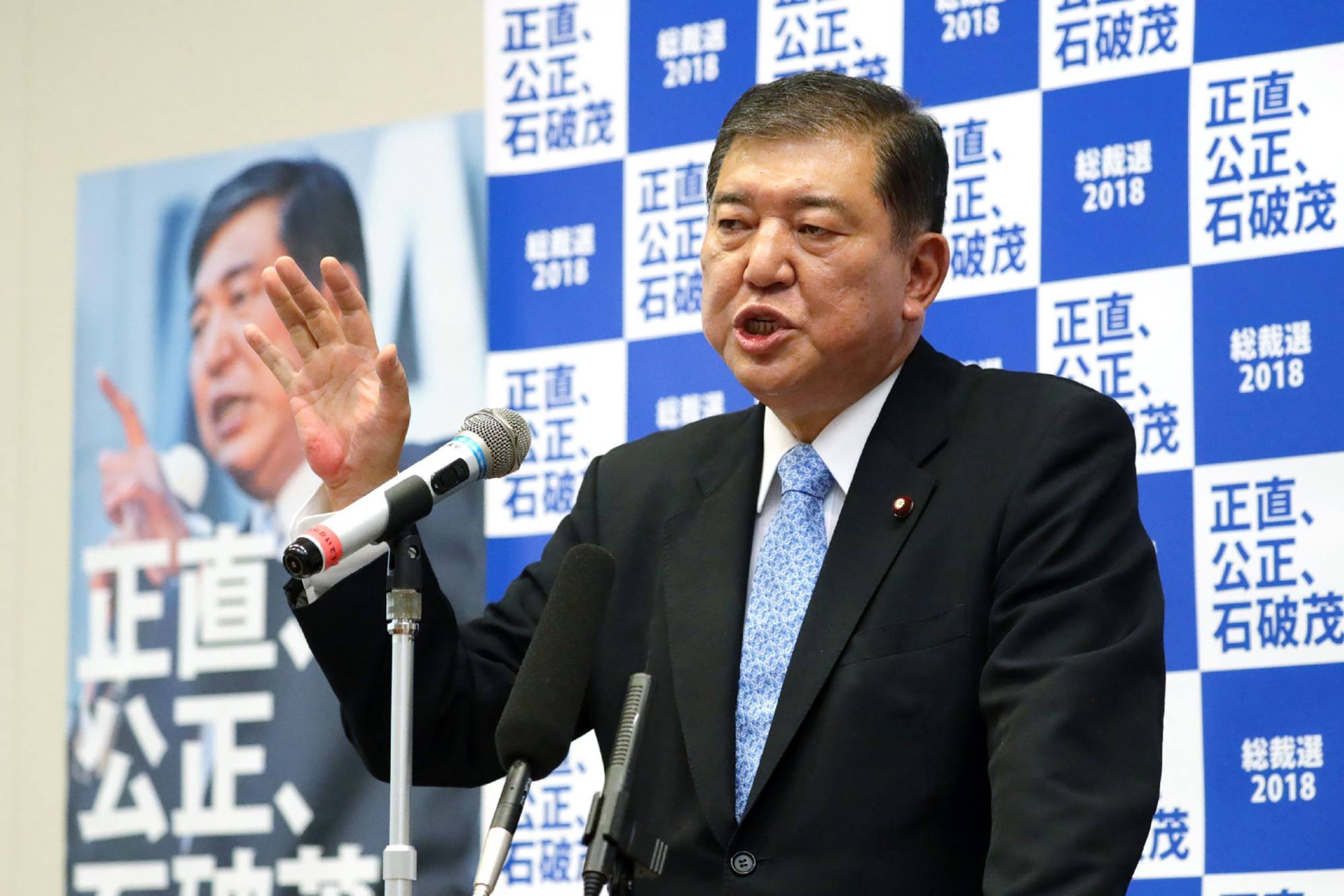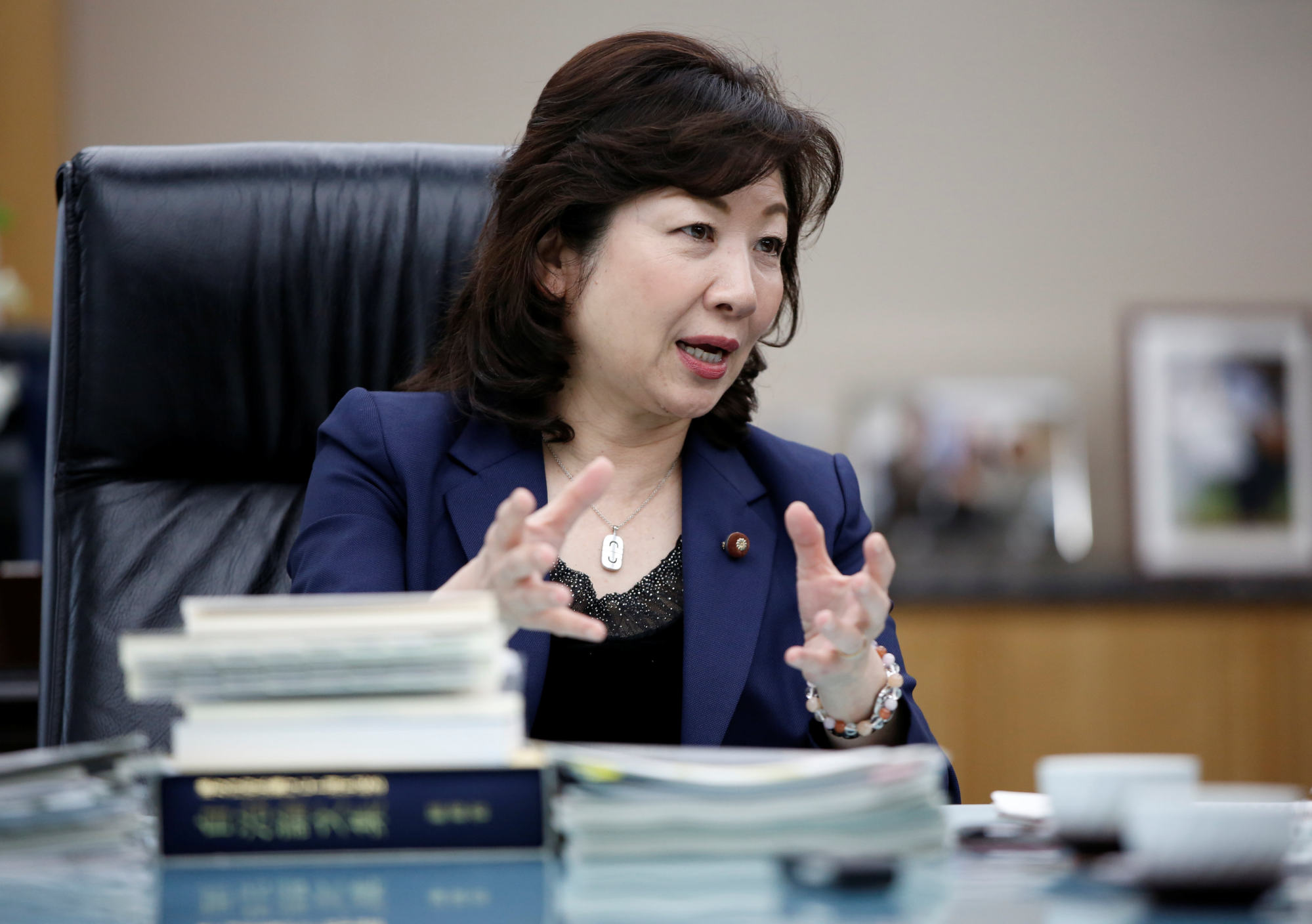Can Japan PM Kishida survive kickbacks scandal as rivals begin ‘moving against him’?
[ad_1]
Suspicion of financial mismanagement has spread throughout the LDP, including to Kishida’s own faction, and the firing of five members of the cabinet late last week has failed to stem the growing public anger at elected members of the Diet simply pocketing millions of yen.
The conservative Yomiuri newspaper condemned the party that it generally supports in an editorial on Thursday headlined “Personnel reshuffle not sufficient to dispel distrust over allegations”. The left-leaning Mainichi went further by stating “the Kishida government is unfit to handle state affairs amid growing money scandal” the same day.
The public appears to agree. A Jiji News poll on December 14 put the prime minister’s support rate at a paltry 17.1 per cent while a Kyodo News survey put it at a barely improved 22.3 per cent on Sunday.
Kishida has not been helped by comments by some of his own party members, with Junji Suzuki, who was replaced as internal affairs minister on December 14, admitting he accepted 600,000 yen (US$4,220) from the Abe faction between 2018 and 2022, saying that doing so was simply part of “the culture”.

Amid reports of “great turmoil” among party members and hurriedly arranged meetings over the weekend to discuss the likely demise of the government, Shigeru Ishiba has emerged as the first to indicate that he intends to challenge Kishida’s reign.
Ishiba, a former defence minister who previously stood for party leader, stepped down as leader of his LDP faction in 2020 and has operated as an independent ever since. That has enabled Ishiba to distance himself from the damaging reports of kickbacks, and he has moved quickly to take advantage of the situation.
On Sunday, Ishiba demanded that the party hold discussions in the early part of next year on amending the political funds control law. He has also called on politicians implicated in the scandal to provide explanations before prosecutors open legal investigations.
On December 11, as the scope of the scandal became apparent, Ishiba appeared on a television news programme to call for Kishida to resign as soon as the financial budget is completed in the new year.

There are also suggestions that Seiko Noda, who previously served as internal affairs minister and is also independent of an LDP faction, is considering mounting a challenge to Kishida.
The Asahi newspaper reported that she met supporters from her 2021 leadership bid on December 12, with one person present saying that the event was a “rally” to kick off her campaign.
The paper added that others in the party had concluded that support for Kishida had waned to the point that he was commanding “a sinking ship” and that what was required now was to terminate the prime minister’s administration “to prevent the party from being crushed”.
Ishiba has widespread grass-roots support and was the first choice of a majority of rank-and-file party members in 2020, only to be defeated when fellow LDP politicians cast their votes.
However, Shimada said he personally did not see Ishiba “as too much of a threat” as he was too centrist for the party’s conservatives and was not entirely free of the whiff of scandal himself.
But Shimada said Ishiba, Noda or yet another candidate could still benefit because so many senior party members had been implicated in the kickbacks scandal.
In Japan, prosecutors question ruling LDP lawmakers over fundraising scandal
In Japan, prosecutors question ruling LDP lawmakers over fundraising scandal
Stephen Nagy, a professor of international relations at Tokyo’s International Christian University, agrees that Ishiba is weighed down by political baggage and is “not well-supported within the party”. He adds that the LDP will need to find a “consensus leader” who is untainted by the scandal and acceptable to enough members to replace Kishida in a leadership challenge.
“Right now, I do not think there is that consensus in the party and they will need to find that compromise candidate for party leader and, simultaneously, prime minister,” he said.
The problem is finding that individual and coalescing sufficient support behind him or her, Nagy points out. And a dire shortage of “clean” and acceptable candidates works in Kishida’s favour as it gives him time to move on from the scandal and deflect the public’s attention to more positive news.
Nagy anticipates that the prime minister will have a brief reprieve, “but, realistically, I do not see any way for Kishida to come back from this”.
The expectation is that potential rivals will use the New Year break to gauge their support within the party and prepare to launch a challenge as soon as the budget has been approved. Analysts say the situation will come to a head in Tokyo in March.
“My sense is that the party will want to have a new leader in before the US elections later in the year so that the incoming prime minister will immediately have a working relationship with Washington,” he added.
[ad_2]
Source link

